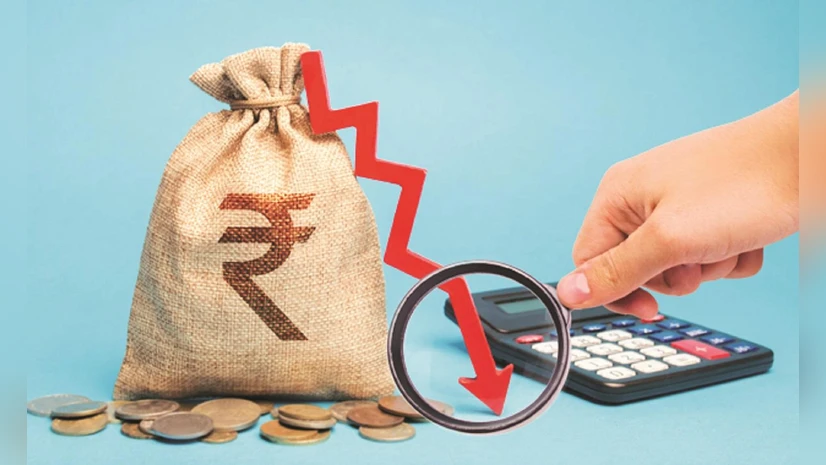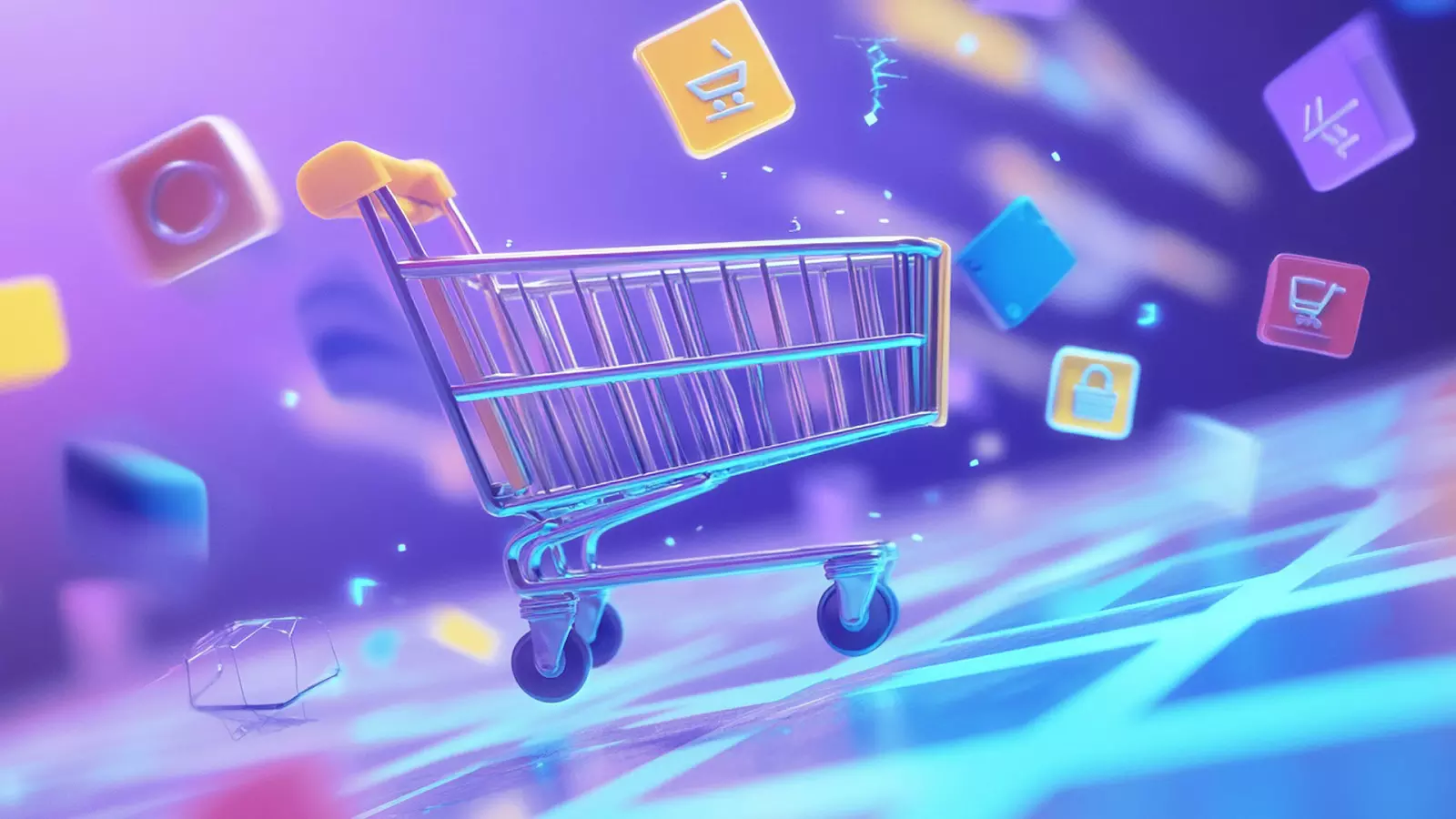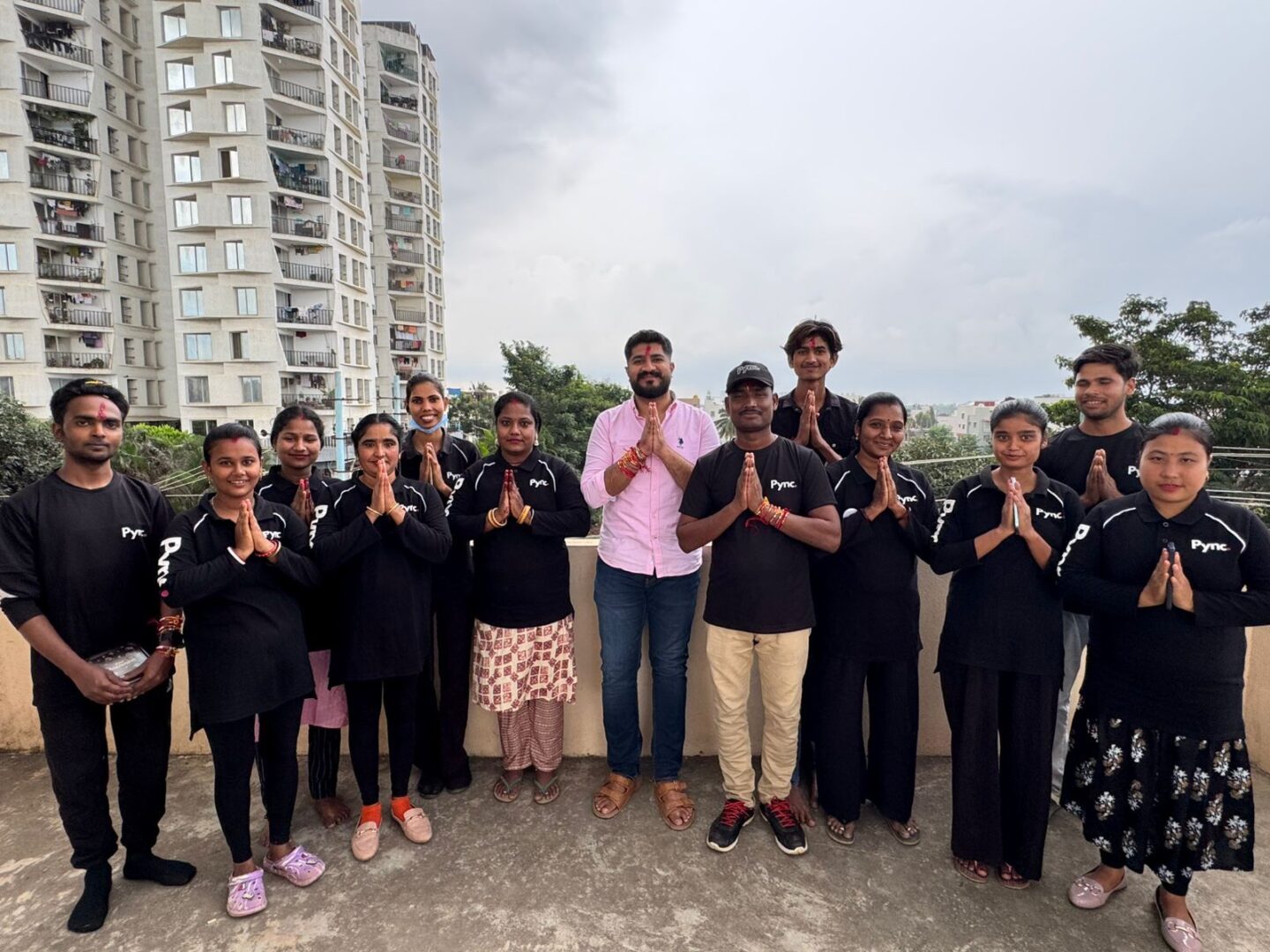PhonePe’s recent expansion of its hyperlocal platform, Pincode, into healthcare delivery has sparked an intense debate. Industry experts warn that the model could compromise patient safety.
Among the critics is Madhav Kasturia, Founder and CEO of Zippee, India’s leading quick commerce logistics platform for brands. In a widely shared LinkedIn post, Kasturia cautioned that Pincode’s pharmacy-led fulfilment model risks undermining essential safeguards required in the healthcare supply chain.
Treating Healthcare Like FMCG: A Fundamental Flaw?, Says Madhav Kasturia
At the heart of the criticism is the concern that medicines cannot be handled with the same operational model designed for fast-moving consumer goods (FMCG). Unlike grocery or everyday retail items, pharmaceutical products demand strict quality controls, cold chain compliance, batch traceability, and inventory hygiene standards that decentralised pharmacy networks may not reliably uphold.
“You cannot treat healthcare like FMCG, and you definitely can’t treat local chemists like mini-warehouses,” Kasturia emphasized.
He argues that without controlled infrastructure such as dark stores and centralized warehouses, several critical challenges emerge.
Key Risks Highlighted by Industry Observers
1. Inconsistent Sourcing and Quality Risks
India still has a problem of substandard and spurious drugs, especially in Tier 3 and 2 cities. In a decentralized system, in the absence of centralized screening, there is a possibility that drugs supplied through illicit sources might find their way to consumers at large, eroding trust.
2. Cold Chain Compliance Gaps
Most life-sustaining and long-term care medications such as insulin and biologics need strict temperature-controlled storage. In the absence of real-time temperature monitoring and escalation procedures, the risk of degradation heightens, and medicines could become ineffective.
3. Expiry Management and Inventory Hygiene
Central stores adopt inventory rotation processes such as First-In-First-Out (FIFO) to guarantee that drugs nearing expiry are utilized properly. Decentralized stores, however, might not have an automated system in place for dealing with expiries, increasing the potential for near-expiry or expired drugs to be shipped.
4. Batch Traceability and Recall Challenges
Effective product recalls depend on close batch-level traceability. An unbundled pharmacy network, without central control, can drastically inhibit the means to recall faulty or tampered products a key failure of pharmaceutical supply chains.
5. Operational Scalability Issues
Pincode’s business model depends on pharmacies to pick, pack, and ship orders promptly without having specialized logistics facilities or performance-based service contracts. Specialists believe that ensuring consistency, particularly during periods of high demand, would need intensive training, capital subsidies, and operational support, which would make the model hard to scale sustainably.
A Question of Long-Term Trust
While the Pincode model may deliver on consumer expectations for faster delivery, Kasturia warns that what it sacrifices is far more valuable: trust, traceability, and patient safety. He points out that healthcare delivery is a zero-error business mistakes can have irreversible consequences, unlike retail, where refunds and replacements are possible.
“With medicine, there’s no refund button,” he stated.
Moving Forward: Balancing Speed with Safety
The debate around PhonePe’s healthcare strategy highlights a broader tension emerging in the Indian quick commerce space: the race for speed must not outpace the need for accountability, particularly when it comes to health.
Experts believe that unless platforms invest in building healthcare-specific infrastructure including dark stores, trained pharma fulfillment staff, and certified cold chain management hyperlocal medicine delivery could face serious challenges both operationally and ethically.
As India’s healthcare and ecommerce sectors continue to converge, maintaining the delicate balance between convenience and safety will likely define the next phase of innovation and regulation
Also Read: India’s New Obsessions: Quick Commerce & Short Drama Apps

























